Sensitive Teeth: All you need to know

- What does sensitive teeth mean ?
- How do you know if your teeth are sensitive ?
- What causes sensitive teeth?
- Shrinking gums and gum diseases
- Cracked tooth
- Type 1 diabetes and sensitive teeth
- Tooth sensitivity after filling
- Tooth sensitivity after crown
- Tooth sensitivity after whitening
- Tooth sensitivity after root canal
- Tooth sensitivity after wisdom tooth extraction
- Tooth sensitivity after veneers
- Tooth sensitivity after braces
- How to fix tooth sensitivity ?
What does sensitive teeth mean ?
Tooth sensitivity is the result of the worn of the teeth enamel or the exposure of the roots of the teeth.
The feeling of tooth sensitivity is described as a sharp, short-term sensation that experienced when sensitive teeth are exposed to very cold, hot, or sweet substances.
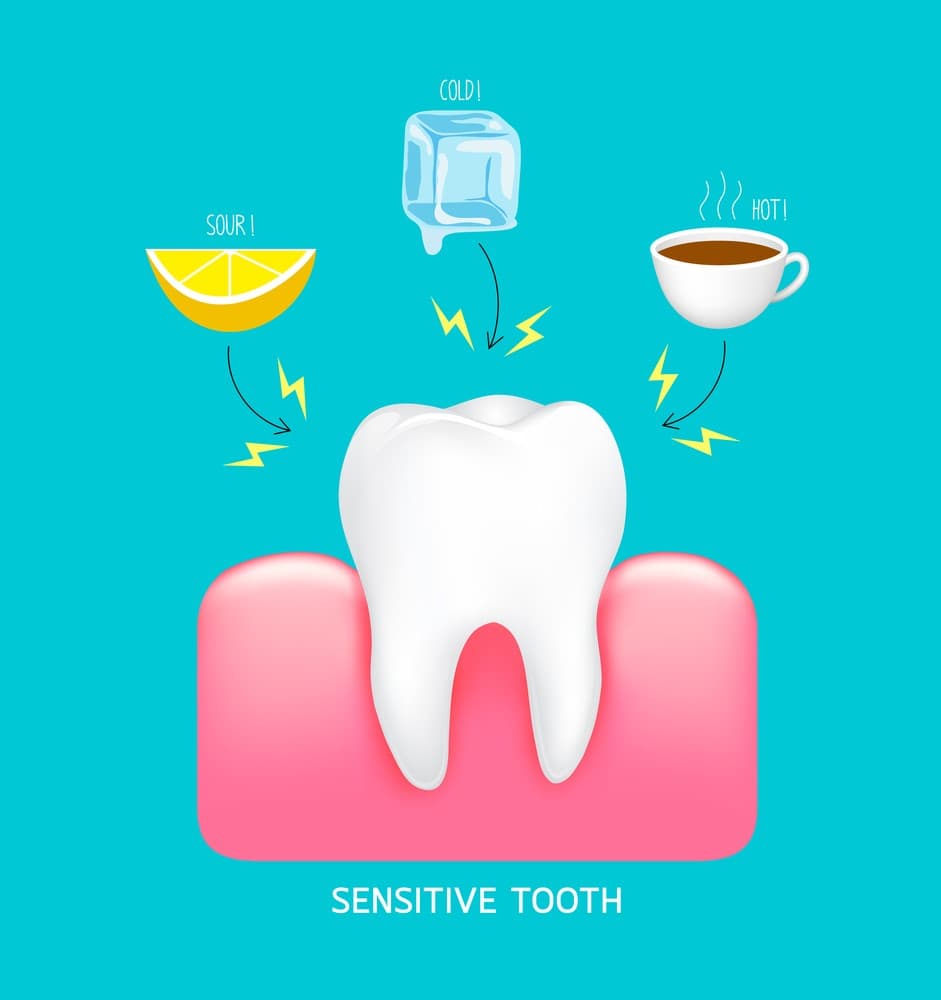
How do you know if your teeth are sensitive ?
If you experience pain or discomfort after eating or drinking something cold, hot or sweet then probably you suffer from Sensetive teeth.
Types of tooth sensitivity
There are 2 main types of tooth sensitivity:
- Dentinal Sensitivity: Involves the dentine happens when the enamel or cementum wears way exposing the dentine.
- Pulpal Sensitivity: refers to the pulp of the tooth it usually affects only a single tooth.
What causes sensitive teeth?
Below we discuss the possible reasons behind teeth sensitivity:
Shrinking gums and gum diseases
Gums recession is one of the most common causes of tooth sensitivity. Due to the exposure of the dentine.
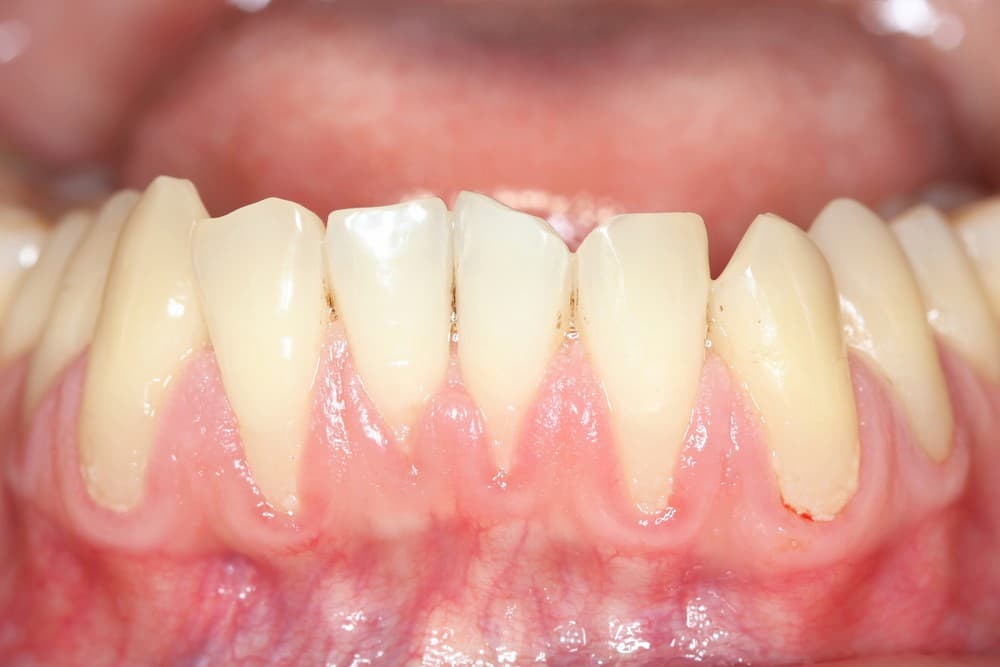
Cracked tooth
Again for the same reason, a cracked tooth may cause severe discomfort, during chewing or consuming hot or cold foods, due to the exposure of the dentine.
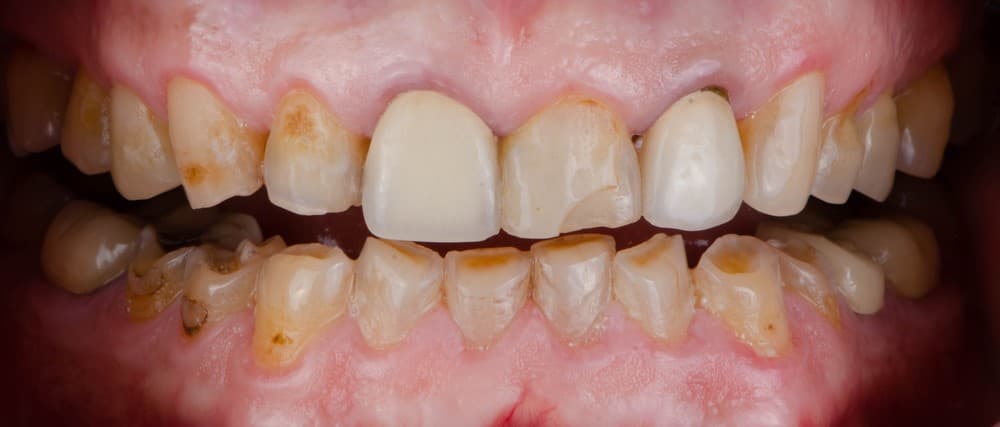
Type 1 diabetes and sensitive teeth
Diabetes leads to a decrease in salivation which means a dry mouth increasing chances of tooth decay which results in teeth sensitivity.
Tooth sensitivity after filling
Teeth sensitivity to pressure, sweet or temperature after filling is a common issue, it resolves after a few weeks on its own.
Read more: Dental Fillings In Turkey: Types And Cost
Tooth sensitivity after crown
Tooth sensitivity after crown is normal, if this sensitivity persists we recommend visiting a dentist as soon as possible.
Tooth sensitivity after whitening
Also known as Dentinal hypersensitivity, it results from the whitening procedure itself because the whitening chemical exposes and enters dentinal tubules.
Tooth sensitivity after root canal
It is normal to face mild pain and sensitivity in the root canal-treated tooth, which usually wears off after 3-5 days, the sensitivity and pain are caused by the cleaning process.
Tooth sensitivity after wisdom tooth extraction
The sensitivity and pain are caused by the inflammatory reaction and pressure on the tooth, it usually fades away after a week.
Tooth sensitivity after veneers
Because of the procedure itself, this sensitivity may last up to a few weeks.
Tooth sensitivity after braces
Placement or removal of the braces may cause mild pain or sensitivity, in the case of removal it’s because of the exposure of the enamel after being covered by the brackets for a long time.
In the case of placement and adjustment, it’s due to the movement and adjustments of the teeth which usually disappear within four days.
How to fix tooth sensitivity ?
Here we shed some light on the possible ways to fix tooth sensitivity:
Fillings that cover exposed roots
Treatment depends on the causing factor:
- Tooth decay: The dentist may remove the decayed area of the tooth and insert a filling.
If the decay is severe, more intensive treatment, such as a root canal, a crown, or a tooth extraction may be necessary.
- Gum recession: Dentists may perform scaling and root planning, in severe cases gum graft may be needed.
Mouthguard to protect teeth if you grind
A Mouthguard is a protective and preventive measure to avoid teeth grinding, which may lead to erosion and damage, which ultimately causes teeth sensitivity.
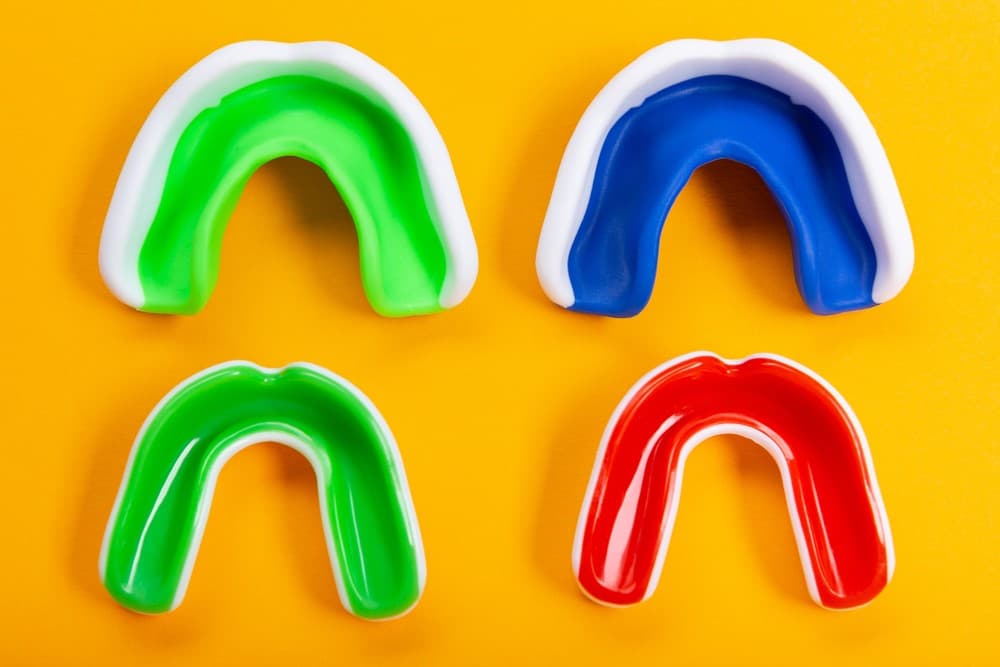
Sealants
Sealants are coating material of the occlusal chewing surfaces of the teeth. To protect them from sensitivity and caries.
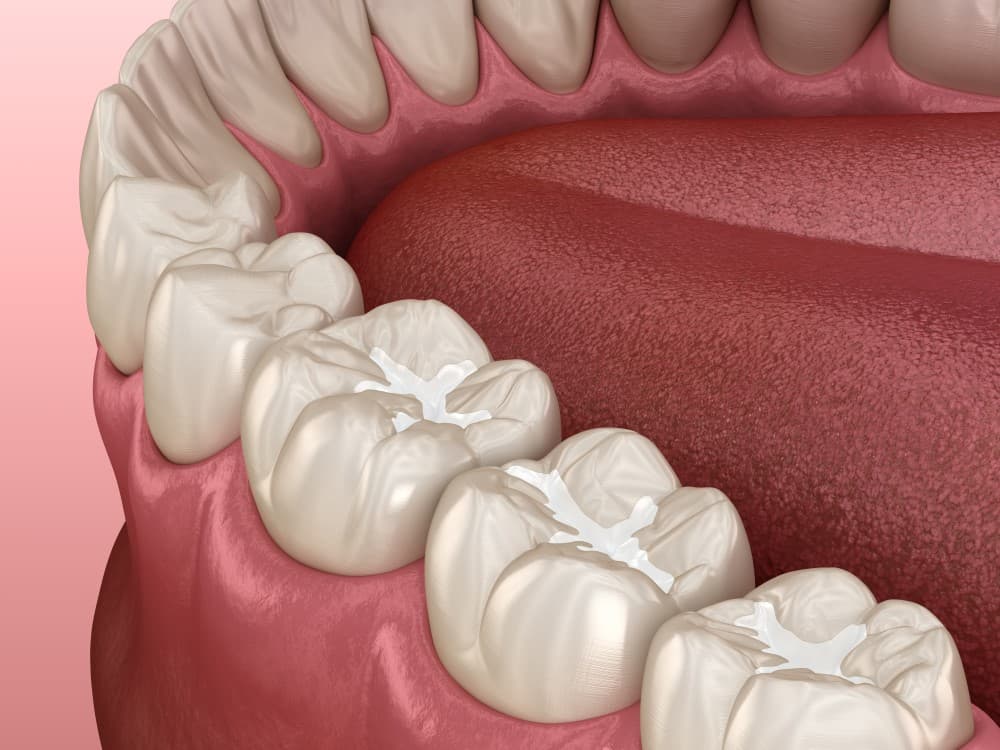
Toothpaste for sensitive teeth
According to a clinical study*, Colgate Pro-Relief has proven to be a better option for sensitive teeth than Sensodyne Rapid Relief and Crest Protection toothpaste in terms of reducing tactile and air blast dentine hypersensitivity.
Root canal for serious cases
If you are facing a sensitive tooth with severe pain and other treatments aren't effective,
It may indicate the exposure and involvement of the pulp dentist might recommend a root canal — a procedure used to treat problems in the tooth's soft core (dental pulp).
Sources: * NCBI
ILAJAK Medical© | A passion for care




tags
Treatment Services
In the Best Medical Centers
Contact Us
Please fill the form below and describe your condition, We will contact you back
- Dental Treatment
- Hair Transplant
- Obesity Surgery
- Vision Correction
- Health Resorts
- Other Medical Services
- No elements found. Consider changing the search query.
- List is empty.
Your personal data is processed as indicated in the general statement text and by continuing, you explicitly consent to the processing

